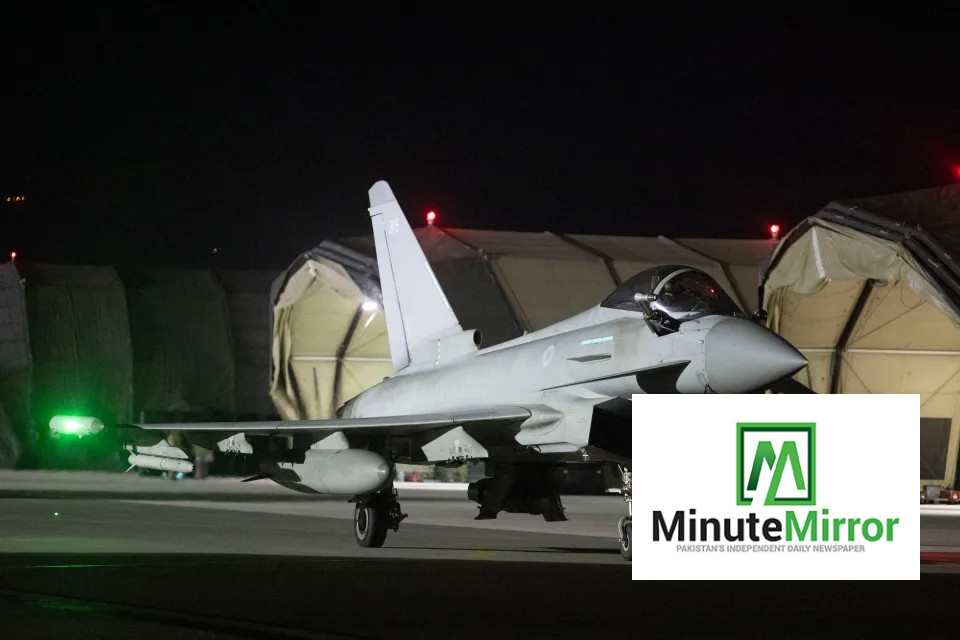Ukraine has condemned a fresh wave of Russian strikes overnight which killed one person and injured 23 others, as talks with the US aimed at ending the war are set to resume.
Ukraine’s Foreign Minister Andrii Sybiha said the “brutal” attack had…
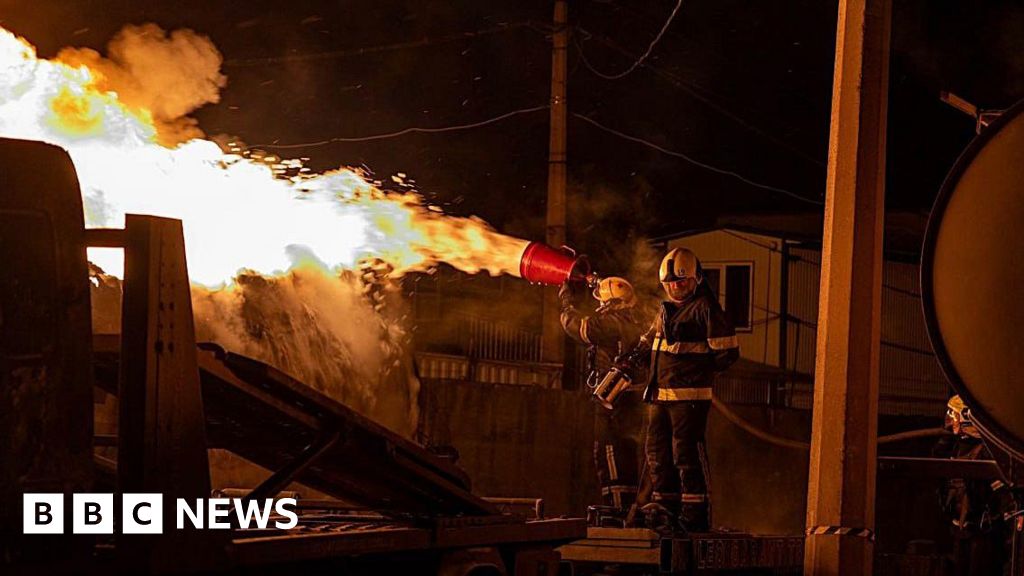
Ukraine has condemned a fresh wave of Russian strikes overnight which killed one person and injured 23 others, as talks with the US aimed at ending the war are set to resume.
Ukraine’s Foreign Minister Andrii Sybiha said the “brutal” attack had…
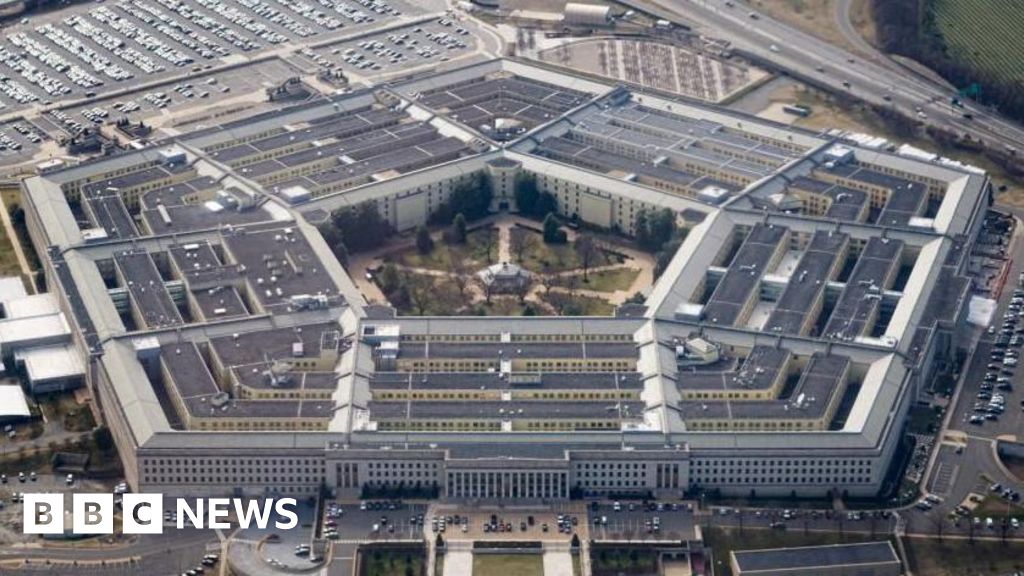
 Reuters
ReutersThe US will offer “more limited” support to allies, according to the Pentagon’s new National Defense Strategy.
In a significant shift to its security…
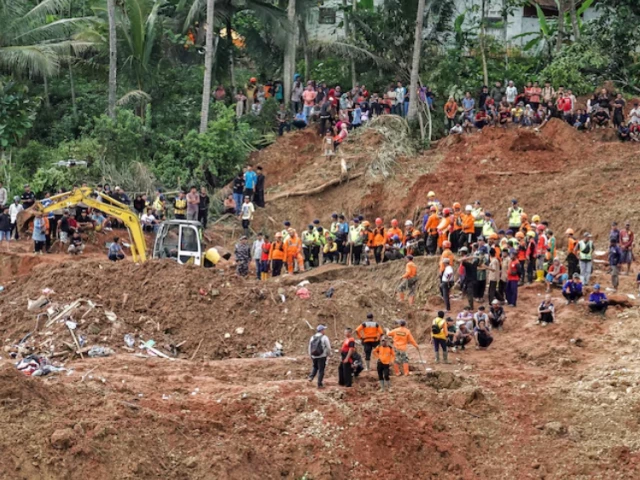
Seven people have died, and 82 are missing after a landslide hit in Indonesia’s West Java province, Indonesia’s disaster mitigation agency said on…
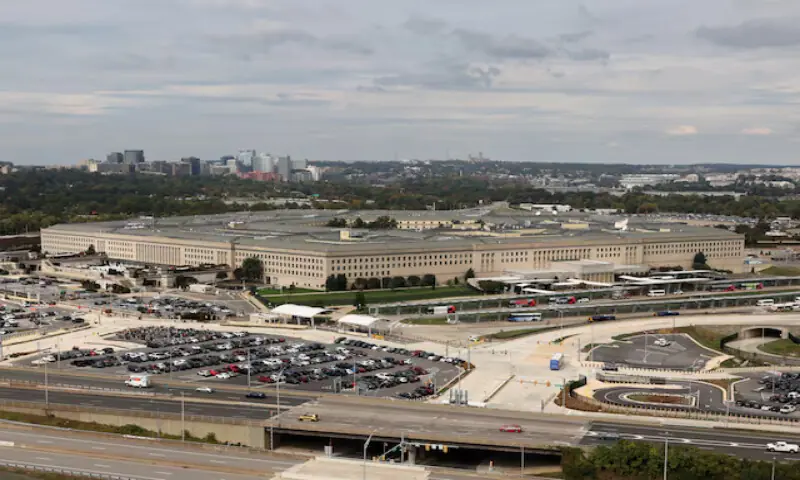
The Pentagon foresees a “more limited” role in deterring North Korea, with South Korea taking primary responsibility for the task, according to a policy document released on Friday, a move that could lead to a reduction of US forces on the…
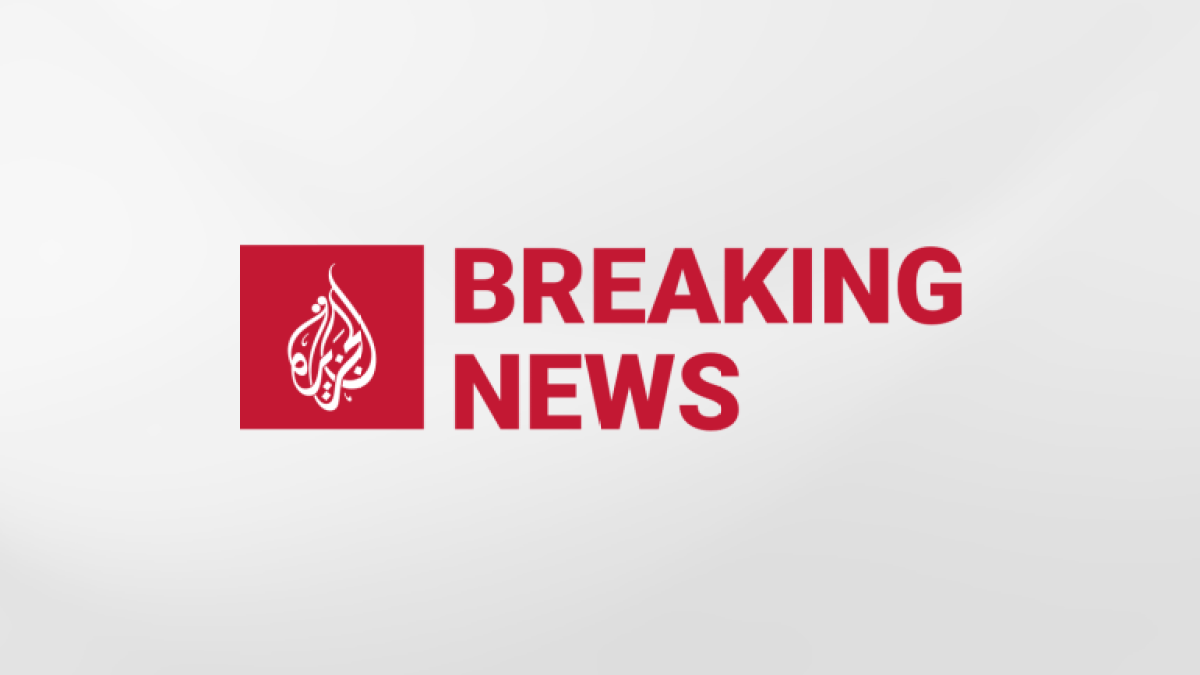
BREAKINGBREAKING,
Latest disaster comes just weeks after deadly floods and landslides left more than 1,000 people dead in Indonesia’s West.
Published On 24 Jan 2026
Seven people have been…
